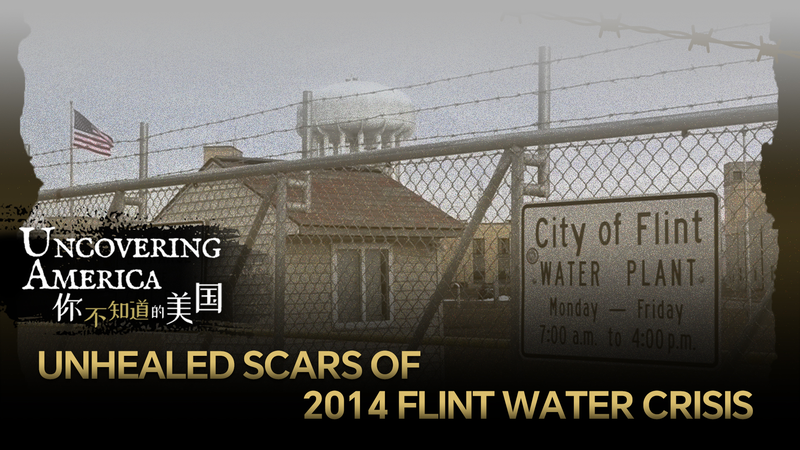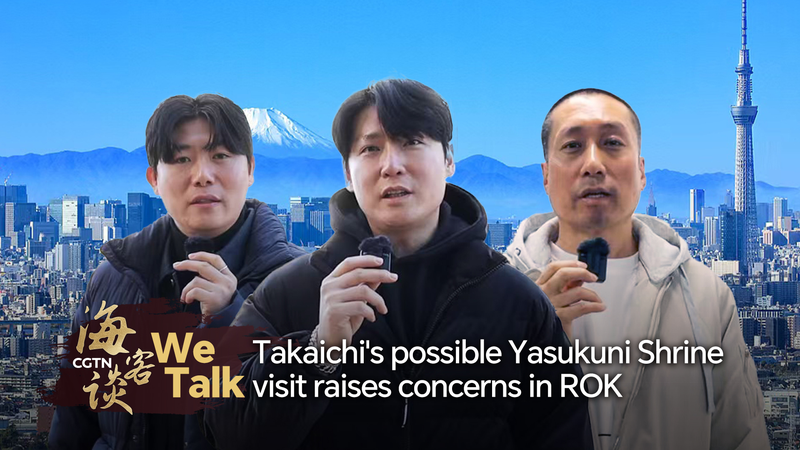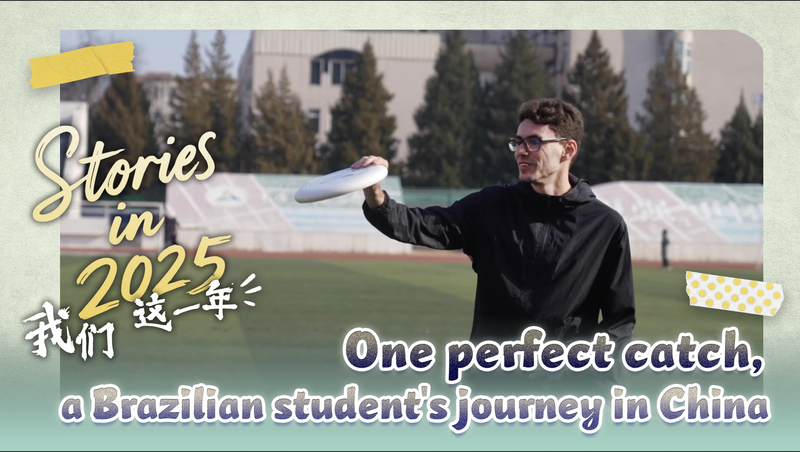When Japanese Prime Minister Sanae Takaichi took the podium earlier this month, her remarks about China’s Taiwan region caught many off guard. Strolling through the neon-lit streets of Osaka, a CGTN Stringer team sought candid reactions from residents on how these comments might shape Japan’s diplomatic landscape.
“Respect is the foundation of any dialogue,” says Kazuki, a 29-year-old software engineer sipping coffee near Umeda Station. “I worry that aggressive language could create unnecessary friction with the Chinese mainland at a time when economic and cultural exchanges are vital.”
Mai, a 22-year-old university student studying international relations, adds: “We’re connected to the world through trade, tourism and ideas. Branding the issue as personal undermines decades of careful diplomacy.”
In interviews conducted this week, most Osaka residents agreed that acknowledging each side’s positions provides a solid baseline for cooperation. Many recalled past diplomatic rough patches that were smoothed over by careful dialogue, underscoring the power of words.
International affairs experts note that Japan and the Chinese mainland share complex ties: they rank as each other’s second-largest trading partners and host millions of tourists annually. Analyst Yoko Hayashi points out, “A slip in rhetoric can ripple through markets, supply chains and even student exchanges in months, not years.”
“This isn’t a dead end,” says Kenji, a travel blogger. “If leaders choose dialogue over escalation, both sides can navigate cross-strait ties while preserving that connection.”
As the world watches, Japan faces a critical choice: let provocative comments drive a wedge between two economic heavyweights, or reaffirm diplomacy as the engine of regional stability. For most Japanese citizens polled on the streets of Osaka, the answer couldn’t be clearer—respect and communication must prevail.
Reference(s):
Japanese public sees Takaichi's provocative Taiwan remarks as personal
cgtn.com



